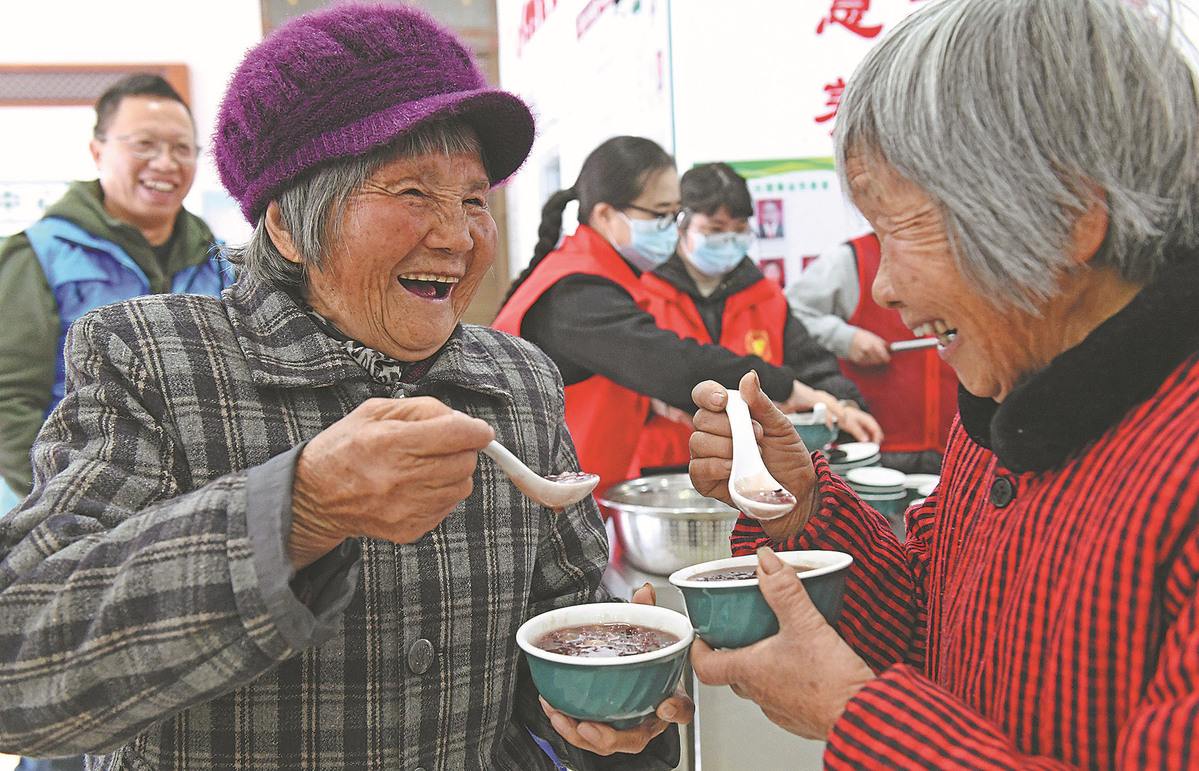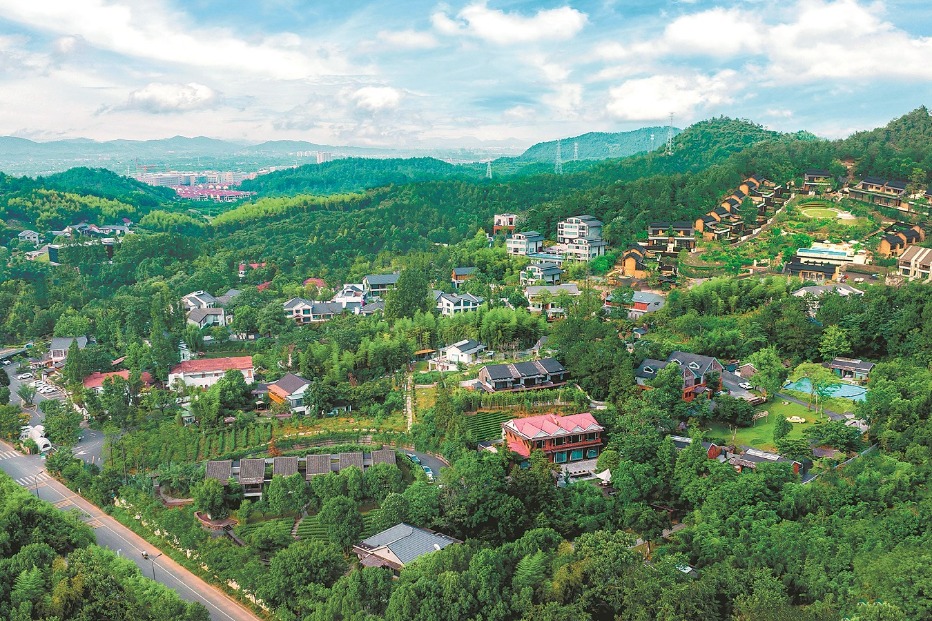A living dilemma that faces elderly people


With the rapid rise in the aging population in China, an increasing number of people are opting to shift to nursing homes after retirement. In response, the government has been continuously improving eldercare services. By the third quarter of 2023, the number of nursing homes and other facilities nationwide had reached 400,000, with more than 8.20 million beds, up about 3.4 times and 1.22 times respectively compared with the end of 2015.
But who are the people opting to live in nursing homes?
First, there are elderly people who need government help, such as those without the ability to work, without a source of income, without caregivers or guardians, and people whose caregivers or guardians are unable to provide for them, and those who are weak or feel lonely. Then there are widows, the disabled, and people who never married. These people often have poor health, low or no income, and lack enough social security to support them. It is such elderly people that are living in or are opting to live in nursing homes.
Second, there are elderly people who don't want to live with their children. Many elderly people feel that living with their children is inconvenient, stressful and emotionally draining, or there is a lack of living space in their offspring's apartment, and thus choose to shift to a nursing home.
And third, some elderly people who are unable to take care of themselves and require professional care also choose to live in nursing homes. Traditionally, the Chinese people have been averse to the idea of nursing homes or retired people's homes, or shifting their elderly parents to retired people's homes, as filial piety is one of the biggest virtues in Chinese culture. But since it has become increasingly difficult for working couples with kids to take proper care of the elderly people living with them, especially if they are disabled or have lost their mental faculties, they shift them to nursing homes.
Despite the above circumstances and reasons, however, it is not advisable for elderly people to live in nursing homes. As the saying goes, there is no place like home. Regardless of how good a nursing home may be, the living environment cannot be compared with that in one's own home. Also, in terms of diet, recreation facilities and other requirements of the elderly, the focus is often on meeting the collective needs of the residents, making it difficult for the staff to fulfill their individual or special needs.
In addition, shifting elderly people to nursing homes means excluding them from society, making them feel isolated. China's aging population is increasing rapidly, with the number of people aged 60 or above increasing from one-tenth of the total population at the end of 1999 to one-seventh by the end of 2012 and one-fifth by the end of last year. This means one in every five people in China is aged 60 or above. Given these facts, can we afford to prioritize the needs of one-fifth of the population separately from the rest of society? The answer is "no".
Nursing homes exhibit a structural contradiction, however, that is, it is "difficult to secure a bed" in a nursing home despite "high vacancy rates". Government-aided nursing homes, or those operated by social welfare institutions, offer good eldercare services at relatively low prices, and thus are high in demand, leading to a shortage of beds, while private nursing homes, despite being expensive, don't provide proper, adequate services, or are located in remote areas, resulting in low occupancy and low utilization rates.
Also, it's important to distinguish between "high-priced" nursing homes and "high-end" nursing homes. Many nursing homes charge a monthly fee of 20,000 yuan ($2,781) or more, and are thus high-priced facilities but not high-end facilities. High-priced nursing homes are often affiliated with big enterprises or groups, so they provide relatively expensive "hardware facilities", including but not limited to an overall good environment, pretty landscaping and ample open spaces.
However, many amenities and equipment in such nursing homes are often substandard. For instance, the sofas are not so soft, chairs are either higher or lower than usual, floors are not slip-resistant, furniture has sharp edges, and bathrooms and kitchens are not user-friendly for the elderly. High-priced nursing homes also claim to offer standardized services, but pay little or no attention to details, including understanding the importance of emotional care for the elderly.
And yet there are nursing homes whose charges are relatively low but they provide excellent eldercare services, much better than high-priced nursing homes.
Nursing homes should also be asked to stop classifying themselves as mid-range or even low-end facilities based on their monthly charges and, instead make clear whether they are "high-priced nursing homes" or "high-end nursing homes".
In short, the decision to choose a nursing home should be made after carefully considering all the pros and cons, and taking into account the specific needs of the elderly people. But in spite of nursing homes providing professional care and a supportive environment for the elderly people, the importance of personal attention and the comfort of home should not be overlooked.
The author is deputy head of the Aging Society Research Center at the Pangoal Institution.
The views don't necessarily reflect those of China Daily.
If you have a specific expertise, or would like to share your thought about our stories, then send us your writings at opinion@chinadaily.com.cn, and comment@chinadaily.com.cn.

































